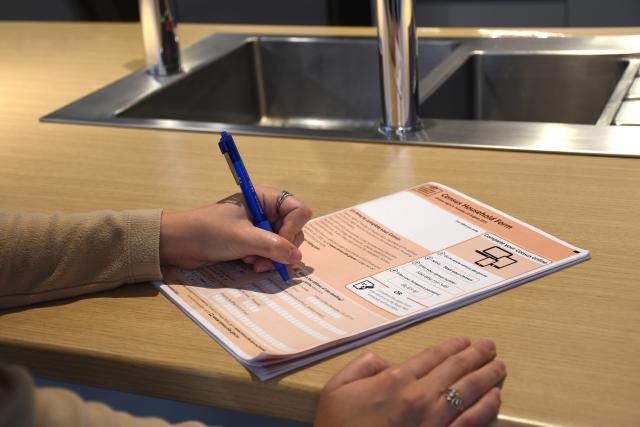Census data released Wednesday has revealed nearly 20 per cent of workers in the Geelong region are employed in the healthcare and other social assistance services industry, significantly more than the rest of the state and country.
Healthcare and social assistance services account for 19.6 per cent of Geelong’s workforce, compared to the national figure of about 15 per cent.
The Australian Bureau of Statistics website reports that Australia is a “caring nation”, with one in seven people working in healthcare and social assistance.
“There are now over 1.7 million people working in healthcare and social assistance in Australia, of which 30 percent are working in hospitals,” Australian statistician Dr David Gruen said.
The figures show how much Geelong contributes to the health of the region and the state, but that contribution also comes with a potential hidden cost.
While 25.7 per cent of Victorians were able to work from home on the day of last year’s Census, only 18.7 per cent of workers in the Geelong region were able to do so.
While workers in many industries are able to work at or near their usual levels of productivity from home, many healthcare and social assistance workers were required by the nature of their work to be on-site throughout COVID-19 lockdowns.
The difference in work from home figures between Geelong and the rest of the state is more than accounted for by the larger number of healthcare and social assistance workers in Geelong.
Barwon Health spokesperson Kate Bibby acknowledged that reality for healthcare workers and thanked staff for their contributions, both ongoing and throughout the pandemic period.
“The majority of Barwon Health’s workforce are clinical staff and unable to work from home due to their responsibilities to provide care for patients,” Ms Bibby said.
“Our staff have shown incredible resilience since COVID-19 first appeared in Geelong, and have continued this effort as the community adapts to life with COVID-19.
“There have been periods of incredible demand on our workforce since 2020, and we’re extremely proud of the achievements we’ve made to continue offering high quality care throughout.”









